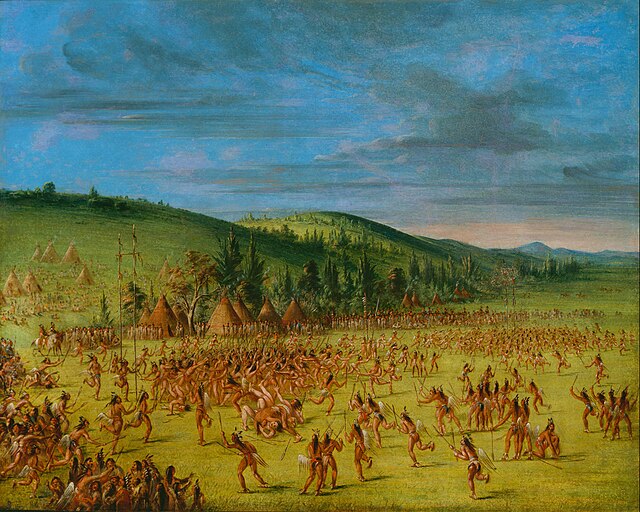“My name is Aklima. I’m 20 years old. I’ve been working in the garment industry since I was 14.”
On April 17, at the Genesis Baptist Church in Greensboro, Aklima Khanam, survivor of the Rana Plaza collapse in 2013, headlined the community forum on worker safety in Bangladesh.
Also present was Aleya Akter, general secretary of the Bangladesh Garment and Industrial Workers Federation.
“I’ve been working in the garment industry since 1994, when I was about 10 years old,” said Akter. “The management was very physically abusive. They would slap us. They would pull our hair and kick us off of our stools.”
Students from Guilford College, The University of North Carolina at Greensboro, Barnett College, North Carolina Agricultural and Technical State University and Elon University, as well as community members, attended the forum organized by the United Students Against Sweatshops. The forum explored the unsafe working conditions in Bangladeshi factories.
At Rana Plaza, Khanam had to work 120 hours a week, with no days off, for about 120 U.S. dollars a month.
“Big companies don’t just find cheap labor; they make it,” said Altha Cravey, associate professor of geography at The University of North Carolina at Chapel Hill, who has published multiple writings on working conditions in the garment industry. “They push workers to be cheap.”
Unfair working conditions are not limited to Bangladesh.
“We have to start connecting these issues,” said Reverend Bradley Hunt, youth minister of New Light Missionary Baptist Church. “We shouldn’t look at this as just an issue in Bangladesh but also as one in Greensboro, Chicago and everywhere else.
“People are suffering in this world.”
Travis Railsback, a Greensboro Wendy’s worker, has held his job for the past three years and could relate to the accounts of unsafe working conditions.
“We filter fryer oil that is 350 degrees and shoots out of spigots,” said Railsback. “I had to filter the fryers with gloves full of holes. We still don’t have any goggles to protect our eyes.
“Believe me, if you get blinded, the corporation isn’t going to pay for your medical bills.”
At Rana Plaza, however, working conditions were only one issue of concern.
“The roof collapsed onto the machine right near me,” said Khanam. “The machine fell on me, and I was crushed. Right beside me, a fallen beam killed one of my coworkers. Trapped near me were four or five others.
“They didn’t find us for 12 hours.”
Corporations like VF, which is based in Greensboro, leave factories once tragedies like these occur.
Currently, Wal-Mart, Gap, VF and others are not required to pay any compensation to the workers under the Alliance for Bangladesh Worker Safety.
“It’s just crazy that this is happening right under our noses,” said Brent Eisenbarth, Early College senior. “How could humans do this to other humans?”
Workers in Bangladesh have fought to change the situation. In 2006, Akter decided to form a workers’ union. She was met with hostility from her employers.
“The management attacked my coworkers and union officials, and they hit me in the chest and knocked me to the ground,” said Akter. “They pulled me into another room, physically abused me and tore off all my clothing. They took out a knife and said they were going to cut me.”
Unlike the Alliance, the Bangladesh Safety Accord forces signees to take responsibility for the factories that they outsource to. One hundred and fifty-one companies have signed the Accord, and half of Bangladeshi factories are now covered.
VF is not one of them.
“Just like you work for VF here, we work for VF there,” said Akter. “We want the people of Greensboro — university students, people who are buying the clothing — to tell VF to sign the Accord. We expect you stand with us. We can’t do it alone. We need your help.
“So I want to know: are you going to stand with us in this struggle?”






